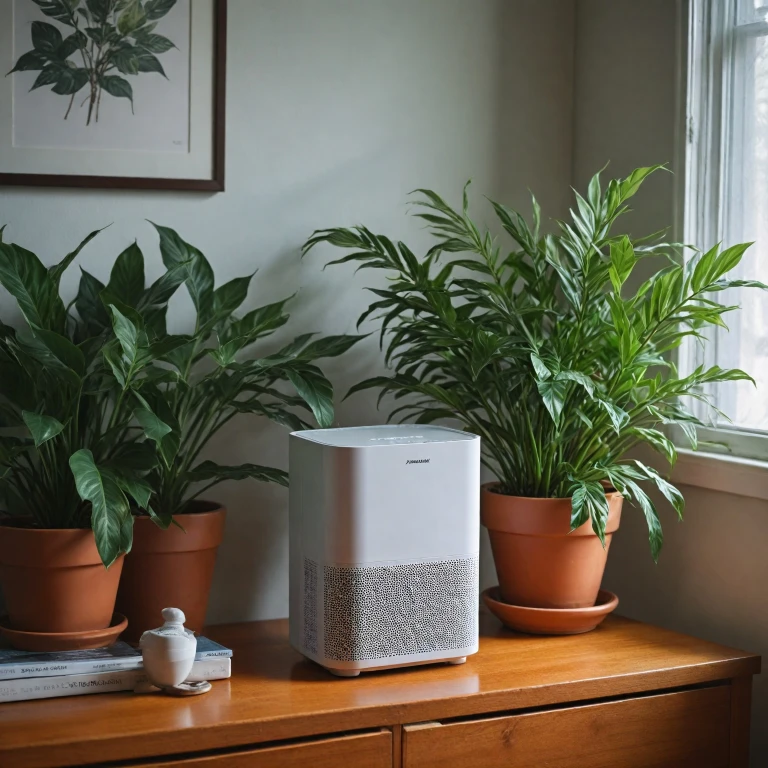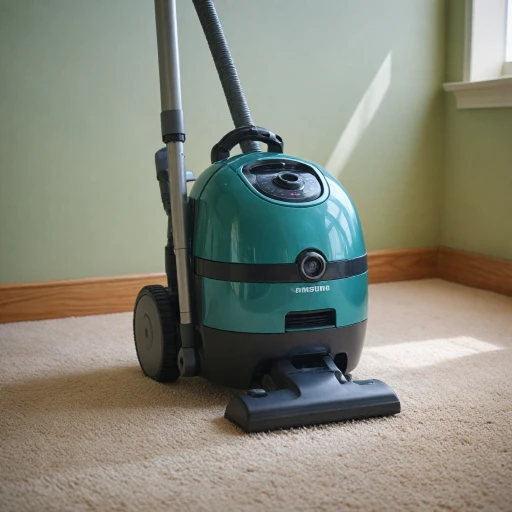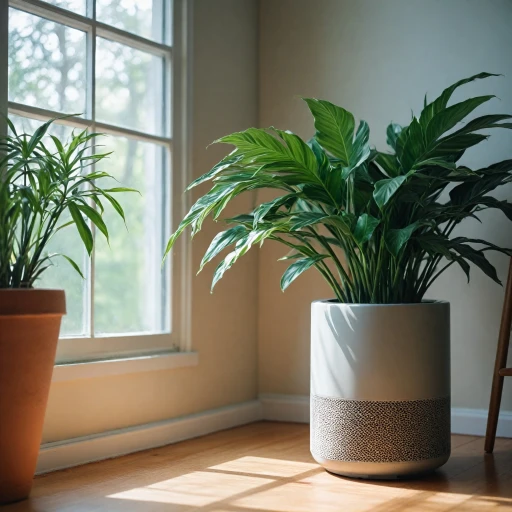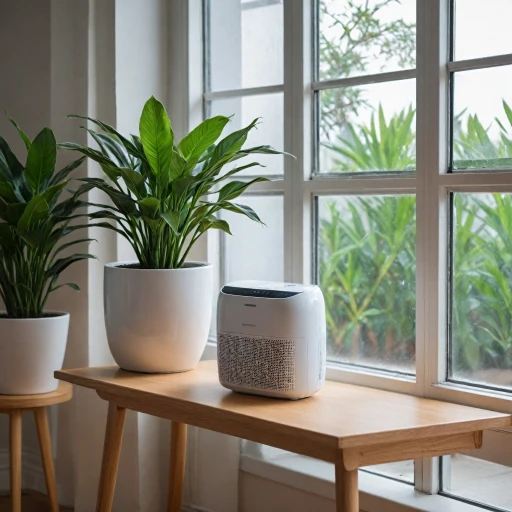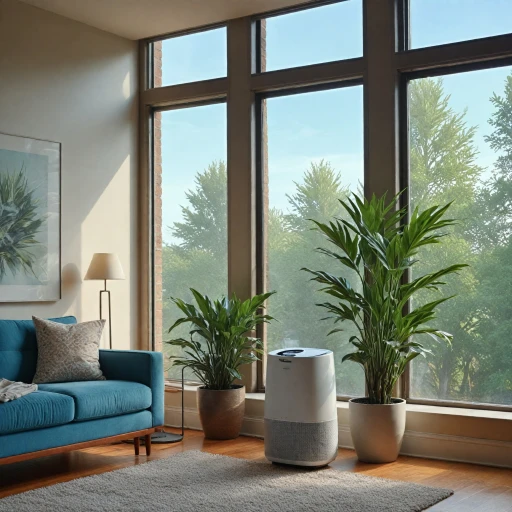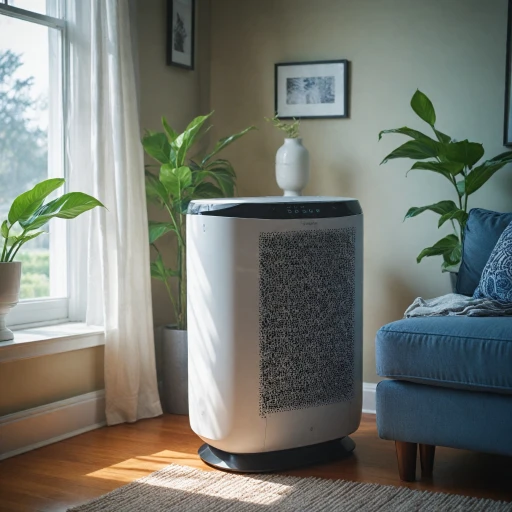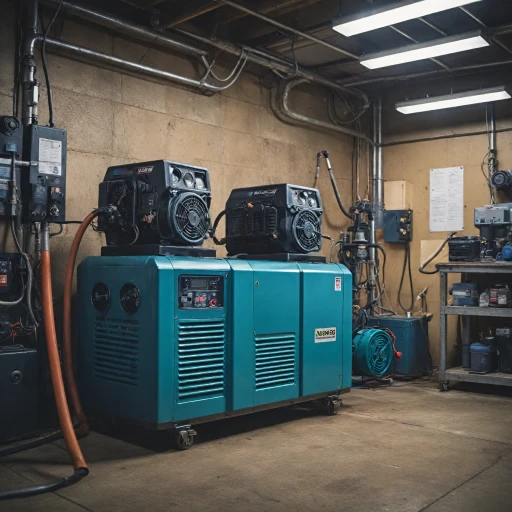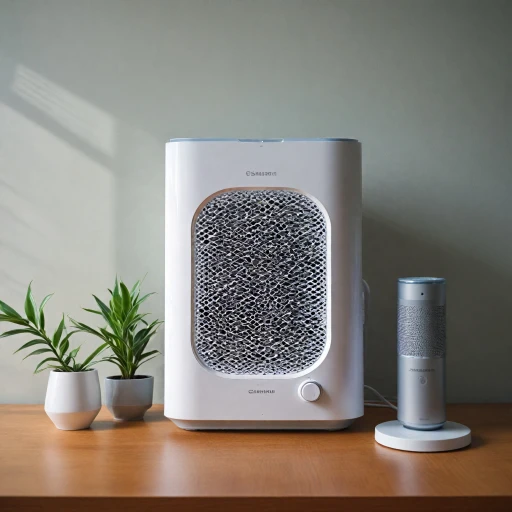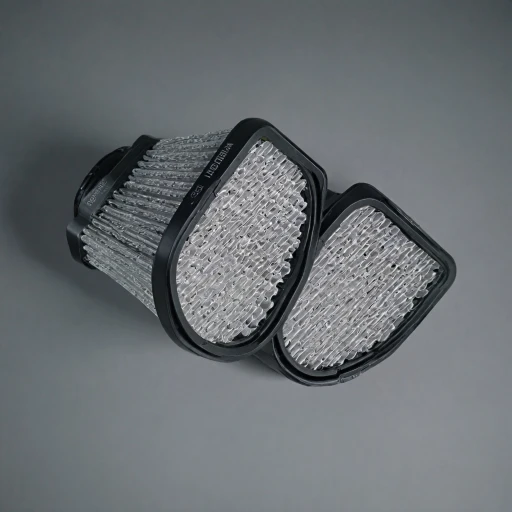
Understanding HSA Eligibility
Determining Eligibility for Health Savings Accounts
In today's world, understanding the intricacies of Health Savings Account (HSA) and Flexible Spending Account (FSA) eligibility can be vital when considering various medical and regular expenses. With an air purifier often seen as a non-essential household item, determining its eligibility for HSA reimbursement requires careful consideration of multiple factors, including price, medical necessity, and air quality impact. When you ponder on whether an air purifier purchase can be considered eligible for HSA or FSA funds, assessing if it falls under medical expenses becomes crucial. Generally, the Internal Revenue Service (IRS) outlines specific guidelines for medical expenses reimbursement through HSA FSA accounts, emphasizing the necessity of a letter of medical necessity. Such documentation, typically provided by a healthcare provider, directly links the air purifier to a diagnosed medical condition and improvement of indoor air quality, which aids in qualifying it for eligible reimbursement. Furthermore, acquiring HSA or FSA eligible air purifiers might mean evaluating the quality and type of units available. The price, whether a regular price or sale price, plays a role but so does the actual benefit to one's health. Conducting a cost-effective checkout to compare different unit prices ensures that the purchase aligns with your financial plan while addressing the health requirement. For anyone considering the necessity and process for integrating an air purifier as part of medical needs, it's prudent to understand the eligibility criteria and evaluate whether this aligns with their health and financial models. For additional insights, check out our guide on understanding the benefits of choosing the right air purifier size. This information can further assist you in making an informed decision about which air purifier might suit your budget and health necessities effectively.Health Benefits of Air Purifiers
Gaining Insights into the Health Benefits of Air Purifiers
Air purifiers have become an essential aspect of improving indoor air quality, especially for individuals with specific medical conditions. By removing pollutants, allergens, and toxins from the air, these devices contribute substantially to better respiratory health and overall well-being. Using an air purifier can be a valid method for managing allergies, asthma, and other conditions aggravated by poor air quality. This demand for enhanced health standards makes them not just a luxury, but often, a medical necessity. When considering air purifiers for health purposes, it’s crucial to consult with healthcare providers regarding the potential benefits and necessity. ### Key Benefits of Air Purifiers:- Reduction of Allergens: Air purifiers effectively remove common irritants like dust, pollen, and pet dander, providing relief to allergy sufferers.
- Improving Respiratory Health: For individuals with asthma or respiratory diseases, purifiers can help alleviate symptoms by maintaining cleaner air.
- Mitigating Odors and Smoke: They also remove smoke from tobacco or cooking and eliminate unwanted odors, making the indoor environment more pleasant and healthier.
- Eliminating Harmful Chemicals: Households exposed to volatile organic compounds (VOCs) and other pollutants benefit significantly from purifiers.
IRS Guidelines on Medical Expenses
IRS Guidelines and Key Considerations
When considering air purifiers as an eligible medical expense for your HSA or FSA reimbursement, understanding IRS guidelines becomes crucial. The IRS recognises specific medical expenses as eligible for reimbursement, primarily those deemed necessary for the treatment or alleviation of a medical condition.
The principle of medical necessity is central here. To qualify for eligible reimbursement, the purchase of an air purifier should be linked to a particular health condition. For instance, if you suffer from allergies or asthma, and an air purifier significantly improves your symptoms, it may fall under the category of medical necessity. A letter of medical necessity from your healthcare provider might strengthen your case when submitting a claim.
It's also worth noting that not all air purifiers may qualify as a medical expense. The IRS often specifies that eligible air purifier units should be above a certain standard, suitable for addressing specific medical conditions or improving indoor air quality related to those conditions.
Additionally, the unit price of the air purifier should be reasonable. Extravagant purchases might face scrutiny unless justified by a significant therapeutic benefit. Before planning your purchase or submitting a reimbursement, consider consulting your healthcare provider and checking IRS guidelines thoroughly to ensure compliance and prevent potential issues.
Explore more in the considerations on the relevance and benefits of air purifiers in addressing allergy symptoms.
Consulting with Healthcare Providers
Engaging Healthcare Professionals for Guidance
When it comes to air purifiers and potential reimbursements through HSA or FSA, consulting healthcare professionals can provide valuable insights. A conversation with a healthcare provider can help determine if a specific air purifier purchase qualifies as a medical necessity. Understanding the medical necessity is crucial as it connects directly with eligible reimbursement through pre-tax medical funds. Healthcare providers can assess your medical condition and the potential health benefits of using an air purifier in your indoor air quality management strategy. If you suffer from conditions like allergies or asthma, they might recommend using air purifiers to improve your health profile, which strengthens the claim for HSA or FSA eligibility. Key Points to Discuss with Healthcare Providers:- The direct impact of air quality on your medical condition.
- The role of air purifiers in your treatment plan or preventative health measures.
- The necessity of specific features in an air purifier that align with your health needs.
- Obtaining a letter of medical necessity to support the purchase as a reimbursable expense.
Submitting HSA Claims for Air Purifiers
Steps to Process Your HSA Claims for Air Purifiers
Before you can consider air purifiers eligible for HSA reimbursement, there are specific steps you need to follow to ensure that your claims are processed smoothly. The key is demonstrating the medical necessity of your air purifier.- Gather Proof of Medical Necessity: To justify the reimbursement of air purifiers, you may need a letter from a healthcare provider outlining its necessity as a remedy for a diagnosed medical condition. This could relate to issues like allergies, asthma, or other respiratory problems impacted by poor indoor air quality.
- Confirm Air Purifier Eligibility: Identify if the air purifier is considered a medical expense by checking your HSA or FSA provider's guidelines and if the unit is deemed FSA eligible. Remember, not all air purifiers or related products are automatically eligible for reimbursement.
- Keep Detailed Purchase Documentation: Be prepared to submit proof of purchase. This includes the receipt or invoice indicating the air purifier's price, including any sale or price regular details, and method of purchase. Ensure it aligns with HSA guidelines.
- Claim Submission Process: Once you have the necessary documentation, check the specific procedures outlined by your HSA plan for submitting claims. This typically involves filling out a claim form detailing the expenses and attaching your purchase documentation.
- Follow Up and Record Keeping: After submitting the claim, keep track of its status. It's essential to store records of your purchase, medical necessity letter, and all correspondence related to the claim, should you need to refer back to it later.
Alternative Funding Options
Exploring Different Ways to Fund Your Air Purifier
Purchasing an air purifier might sometimes strain your finances if you're counting solely on your Health Savings Account (HSA) or Flexible Spending Account (FSA). These accounts might not always cover the entire expense, especially if an air purifier isn’t deemed medically necessary. Therefore, it's practical to consider alternative funding options to complement your HSA or FSA funds.- Evaluate Regular and Sale Prices: When you're planning a purchase, check the regular price and any available sale price of air purifiers. Finding a unit at a reduced price can significantly ease the financial burden.
- Budget Planning: Allocate a part of your pre-tax income to an FSA or HSA, giving room for unexpected medical expenses, including eligible air purifiers. This increases your chances of covering the cost entirely through these accounts.
- Research Eligible Expenses: Delve into IRS guidelines on what counts as eligible reimbursement. While indoor air quality improvement can be vital, not all purchases meet the criteria. Get a letter of medical necessity from your healthcare provider to bolster your claim.
- Flexible Spending Account (FSA) Alternatives: If an FSA or HSA isn't in your employment benefits, consider opening a personal emergency health fund specifically for such purchases. With regular contributions, this fund can relieve the pressure off your primary accounts.

